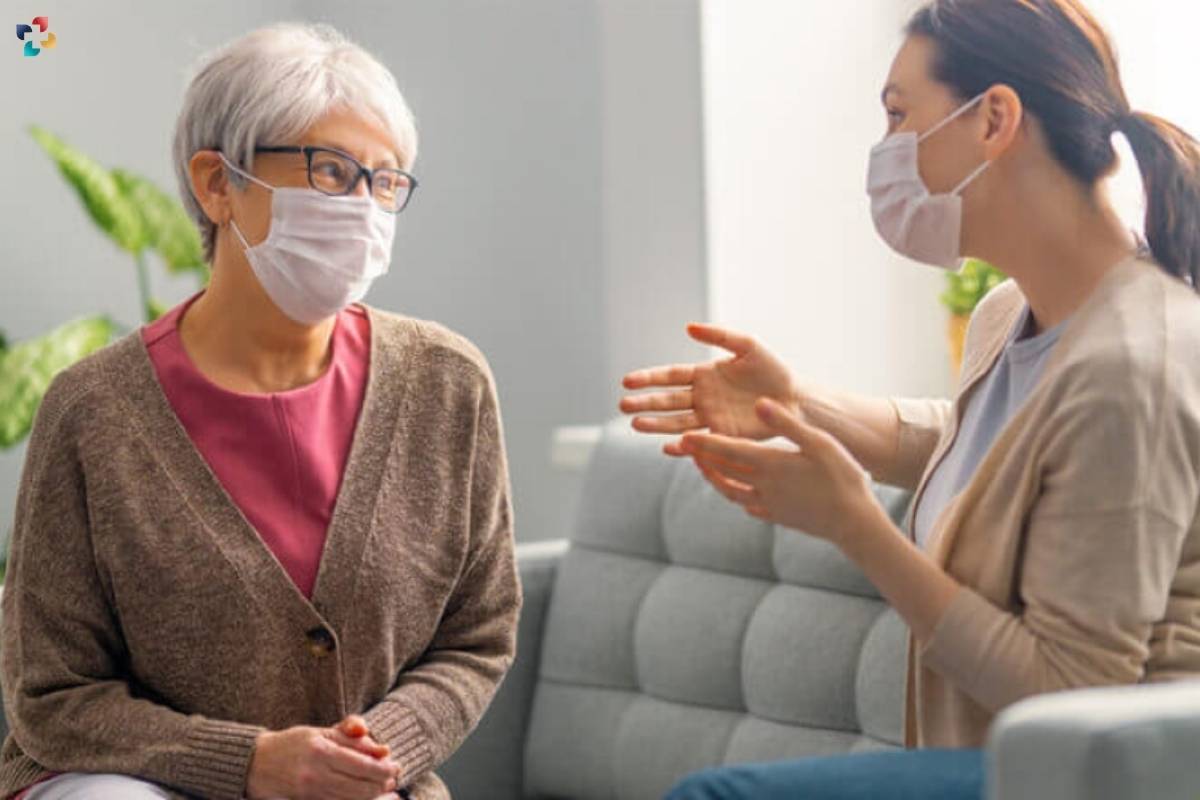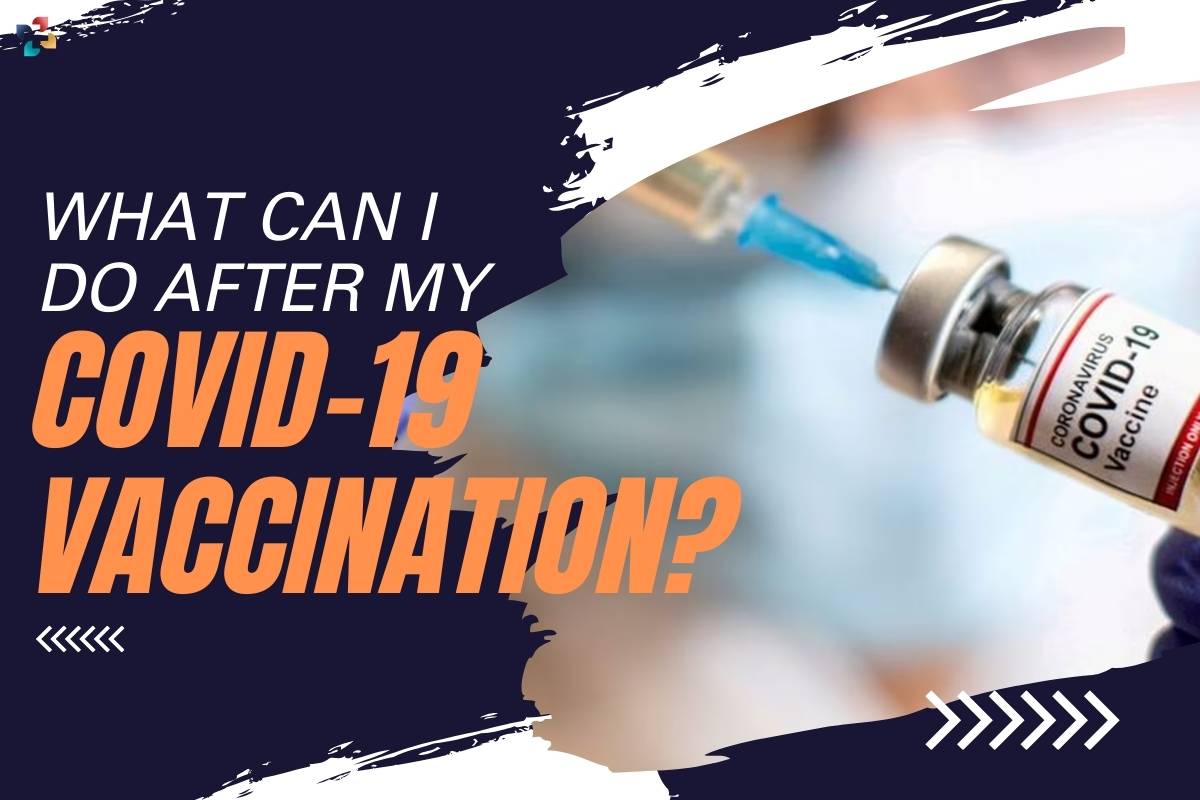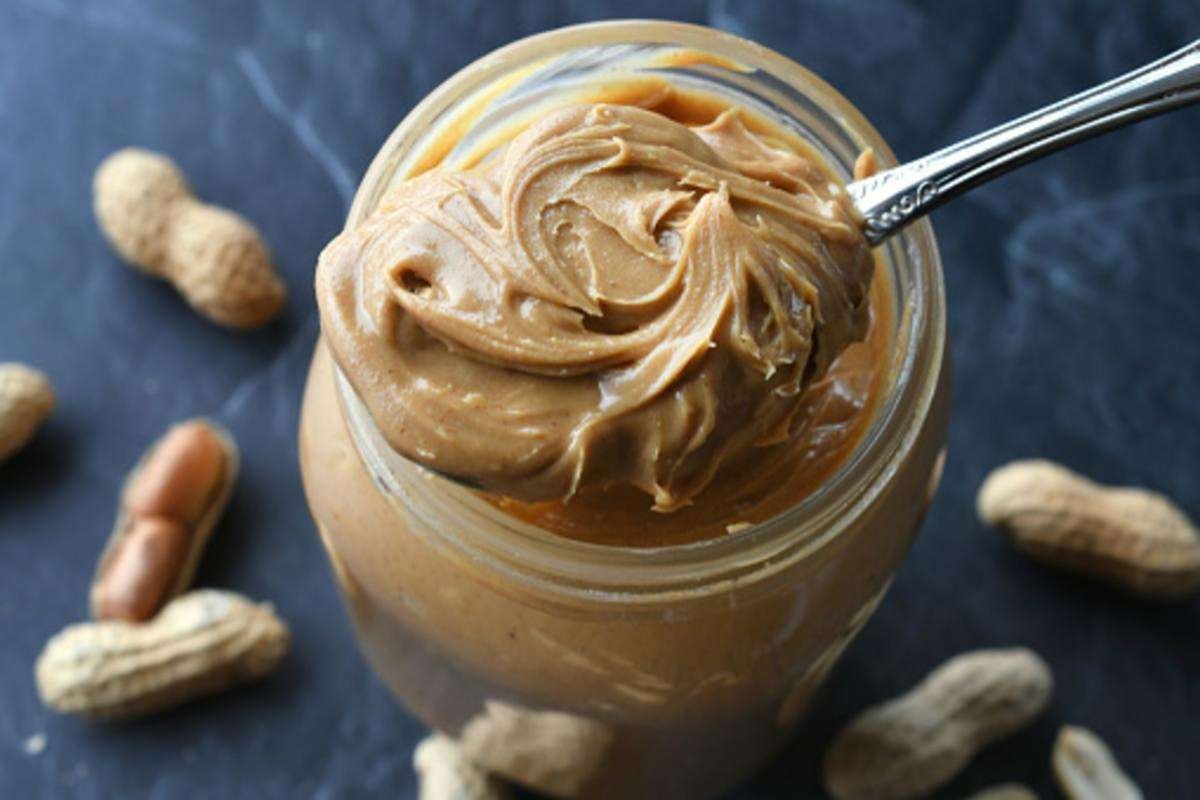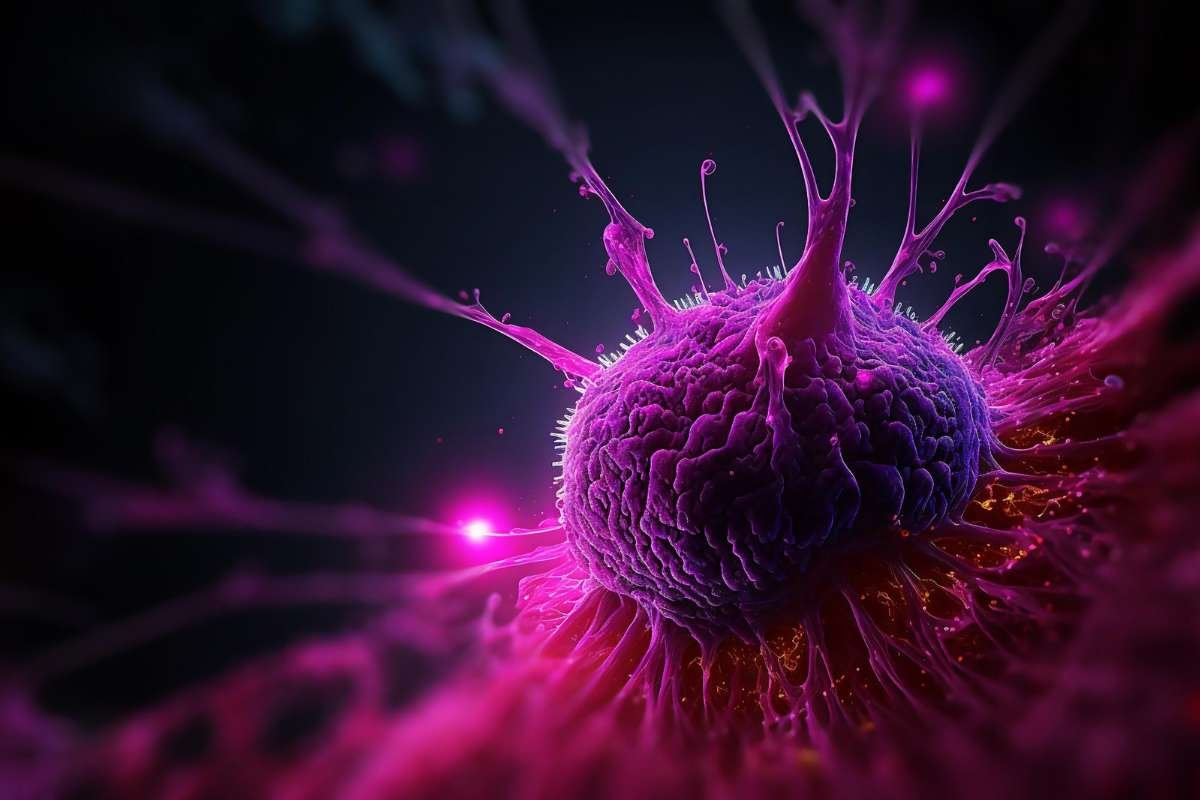The global COVID-19 vaccination campaign is at a point where people are more believing in it, and it has started to gain momentum. And as that happens, many people across the globe are getting in line to get their shots of hope. The development of COVID-19 vaccination is not only our chance to control the spread of the pandemic, but it is also a way to get things back to normal.
There have been several speculations and myths regarding what one can do once you are vaccinated.
In this article, we will explore the post-vaccination landscape, addressing common questions and providing guidance on how to navigate this transitional phase.
Understanding the COVID-19 Vaccination Process
Before delving into what you can do after vaccination, it’s important to understand the vaccination process itself. COVID-19 vaccination works by stimulating your immune system to create a response to the virus without causing the disease itself. This means that it takes time for your body to build immunity.
Most vaccines require two doses, administered a few weeks apart, although some newer vaccines are single-dose. The immune response typically begins after the first dose but is significantly boosted after the second. Full immunity is achieved a couple of weeks after the final dose. Keep in mind that the level of protection can vary from one vaccine to another.
Now, let’s explore what activities and precautions you should consider after being vaccinated.
Continue to Follow Public Health Guidelines

The most important thing to remember is that getting vaccinated doesn’t mean an immediate return to pre-pandemic life. You should continue to follow public health guidelines, including mask-wearing, physical distancing, and frequent handwashing, especially in public spaces or when interacting with individuals who may not be vaccinated. These measures remain crucial until a significant portion of the population is immunized.
Understand the Level of Protection
The effectiveness of COVID-19 vaccination can vary, but they are all highly effective at preventing severe illness, hospitalization, and death. However, no vaccine is 100% foolproof, and there’s still a small chance of contracting the virus after vaccination. It’s essential to be aware of this and act responsibly.
Gather with Other Vaccinated People
One of the perks of being vaccinated is the ability to safely spend time with other fully vaccinated individuals without wearing masks or practicing physical distancing. This is a significant step toward reuniting with family and friends, especially for those who have been separated for a long time.
Be Cautious in Mixed Company
While it’s safe to gather with other vaccinated people, it’s important to remain cautious when in mixed company, i.e., when not everyone in the group is vaccinated. Continue to follow safety guidelines to protect those who may still be at risk.
Consider Outdoor Activities
Outdoor activities are generally lower risk than indoor ones. If you’re fully vaccinated and want to engage in social or recreational activities, opting for outdoor settings is a prudent choice. Whether it’s dining at a restaurant with outdoor seating or enjoying a hike with friends, being outdoors can reduce the risk of virus transmission.
Travel Thoughtfully
Traveling after COVID-19 vaccination is a possibility, but it requires careful consideration. While vaccines significantly reduce your risk of contracting and spreading the virus, it’s important to be aware of the current COVID-19 situation at your destination. Follow any travel advisories or requirements set by local authorities, and continue practicing safety measures during your trip, including mask-wearing and physical distancing.
Know Your Vaccination Status
To enjoy the privileges of being fully vaccinated, it’s important to keep track of your COVID-19 vaccination status. Make sure you receive your second dose (if applicable) and obtain a vaccination card or certificate, which may be required for certain activities or travel.
Stay Informed
The situation with COVID-19 is continually evolving. New variants of the virus may emerge, and vaccination guidelines could change. Stay informed by following updates from trusted sources such as the World Health Organization (WHO) and the Centers for Disease Control and Prevention (CDC). Pay attention to local guidelines and regulations as well, as they can vary by location.
Be Mindful of Variants

New variants of the virus have raised concerns about vaccine efficacy. While existing vaccines remain effective against many variants, it’s essential to stay vigilant. Researchers are actively monitoring the situation and adapting vaccines as needed. In the meantime, continuing to follow safety measures is a responsible choice.
Support COVID-19 vaccination Efforts
Once you are vaccinated, consider sharing your experience with friends, family, and community members. Encourage those who are eligible to get vaccinated, as widespread vaccination is the key to ending the pandemic and returning to a more normal way of life.
Frequently Asked Questions
To further clarify the post-vaccination landscape, let’s address some common questions and concerns:
Can I Stop Wearing Masks After Vaccination?
While you can gather without masks with other fully vaccinated people, you should still wear masks in public settings, especially when social distancing is challenging or when around individuals who may not be vaccinated. Wearing masks helps protect those who are not yet vaccinated or who may have compromised immune systems.
Can I Travel Freely After the COVID-19 Vaccination?
Traveling after vaccination is possible, but it’s important to consider the COVID-19 situation at your destination and any travel restrictions or requirements in place. Additionally, you should continue following safety measures during your trip.
Do I Need to Quarantine After Exposure to COVID-19 if I’m Vaccinated?

The CDC provides guidelines for vaccinated individuals who have been exposed to someone with COVID-19. In some cases, quarantine may not be required if you meet specific criteria, but it’s important to consult with healthcare professionals and follow local guidelines.
Do I Still Need to Get Tested After COVID-19 Vaccination?
You may not need to get tested for COVID-19 routinely if you are fully vaccinated unless you experience symptoms. However, testing may still be required for certain activities or travel, so check local regulations and guidelines.
Can I Attend Large Gatherings or Events After COVID-19 Vaccination?
While attending large gatherings or events may become safer as more people get vaccinated, it’s essential to follow local guidelines and assess the risk. Outdoor events with safety measures in place are generally lower-risk than indoor gatherings.
Conclusion
Getting yourself vaccinated is one of the most important steps towards putting an end to the pandemic and with it, regaining the lost sense of normalcy. One thing you need to keep in mind is that the virus is still at large and circulating, and considering the infectious nature of it, it could spread like wildfire again. You still need to take all the necessary precautions to remain safe and sound.
In this regard, you can always go back to the public guidelines set up by the governments and follow them strictly.
As we move forward, it’s crucial to support COVID-19 vaccination efforts, encourage others to get vaccinated, and remain vigilant in our efforts to protect ourselves and our communities. By working together, we can overcome this global challenge and look forward to brighter days ahead.
Also Read: WHO makes changes to its COVID-19 Vaccination Guidance







